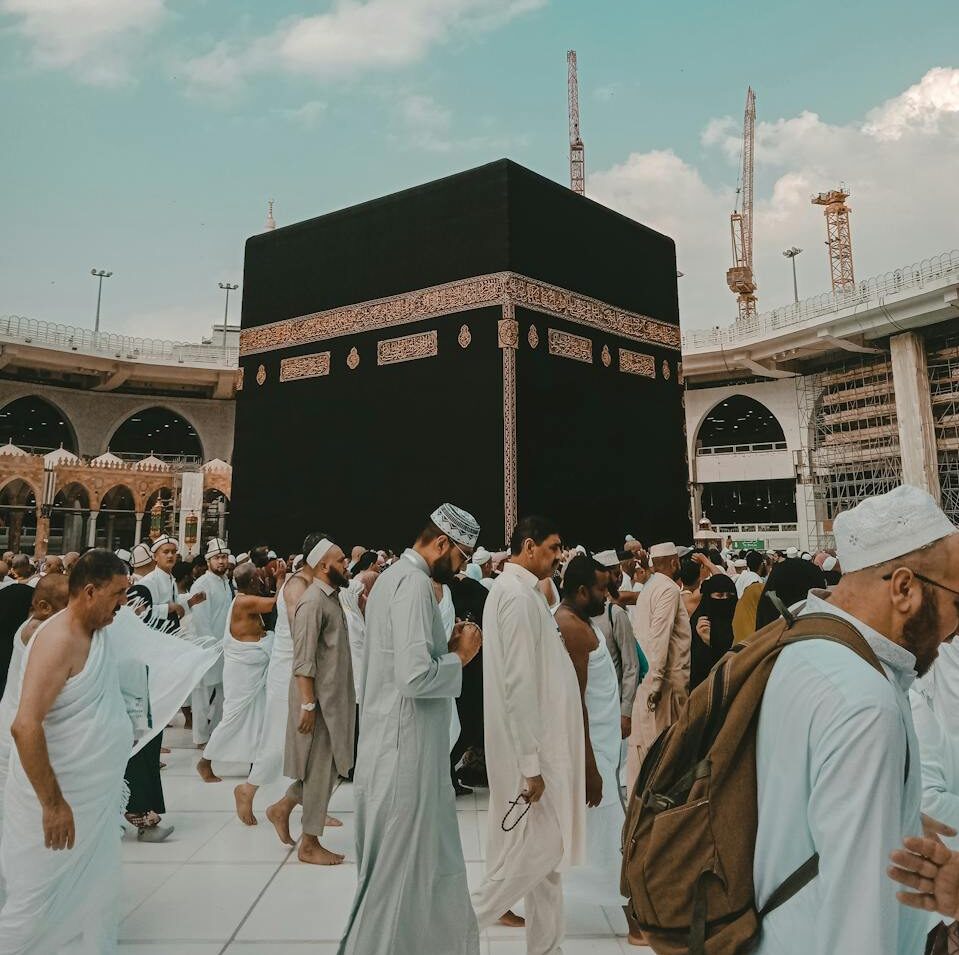So, you’ve probably heard of the visionary architectural Neom Project. But what is it like to work in a country like Saudi Arabia?
Saudi Arabia stands as a dynamic economic force in the Middle East, driven by its oil-rich resources and strategic investments in diversified sectors. Its Vision 2030 initiative reflects a commitment to economic transformation and diversification, creating a myriad of opportunities for both local and expatriate professionals. This means a surge in employment opportunities, particularly in sectors aligned with Vision 2030 goals. There are plenty of expats who have relocated for work, and many laud the pros of working there. Of course, it wouldn’t be without challenges. This article explores the nuanced landscape of working in Saudi Arabia, shedding light on the multifaceted aspects that prospective employees like yourself should consider.
Pros of Working in Saudi Arabia
Lucrative Employment Packages
Saudi Arabia is renowned for offering competitive salaries, often surpassing those in many Western countries. The absence of income tax means that professionals can maximize their earnings and enjoy a higher disposable income to enjoy the luxuries of this exciting place! Employment packages often include robust benefits such as health insurance, housing allowances, and education allowances for expatriate employees with families. These perks contribute to an enhanced quality of life for professionals working in the Kingdom.
Growth Opportunity
The Kingdom’s strategic location makes it a global hub for business and trade. Professionals working in Saudi Arabia have the advantage of networking with international counterparts, contributing to a broader professional network, and opening avenues for global career opportunities. Saudi Arabia’s commitment to diversification has led to the emergence of thriving industries beyond oil and gas. Sectors like information technology, healthcare, renewable energy, and entertainment are experiencing significant growth, presenting diverse career opportunities. Working alongside professionals from various backgrounds provides a unique opportunity for cultural exposure and networking that is invaluable.
Living Conditions and Lifestyle
The Kingdom is home to a rich cultural heritage, and expatriates have the opportunity to explore historical sites, museums, and traditional festivals. Additionally, Saudi Arabia is making significant investments in entertainment, with the development of theme parks, cinemas, and cultural events, providing residents with a diverse range of recreational activities. Saudi Arabia prioritizes safety and security, creating a family-friendly environment. Stringent laws and regulations contribute to a sense of order and safety, making it an ideal destination for expatriates with families.
Cons of Working in Saudi Arabia
Weather and Environmental Factors
Saudi Arabia experiences extreme temperatures, especially during the summer months. The arid climate and high temperatures can be challenging for individuals who are not accustomed to such conditions. Expatriates need to adapt to the weather and take precautions to ensure their well-being.
Strict Norms
While Saudi Arabia is making strides in social reforms, certain cultural norms and conservative traditions may pose challenges for expatriates, especially in interpersonal interactions and lifestyle choices. Although the Kingdom is investing in its entertainment infrastructure, the options may still be limited compared to some Western countries. Expatriates accustomed to a vibrant nightlife may find the social scene more restrained, as an example. Saudi Arabia adheres to strict gender segregation in public spaces, workplaces, and educational institutions. This can pose challenges for female expatriates who may find restrictions on their mobility and social interactions.
Residency Regulations
The Kingdom operates on a sponsorship system, where expatriates require a local sponsor (typically their employer) for visas and residency. Changes in employment may impact residency status, requiring individuals to navigate the sponsorship system carefully. While Saudi Arabia has introduced the possibility of permanent residency for expatriates, obtaining such status involves meeting specific criteria. Expatriates may face challenges in securing permanent residency, and the process may require careful consideration and adherence to regulations.
Challenges also apply when bringing in family. While international schools are available, considerations for children’s education should be thought over for expatriates with families.
Expatriates may need to familiarize themselves with the legal framework, which can be significantly different from legal systems in Western countries. The legal processes in Saudi Arabia may appear intricate to expatriates. Understanding visa regulations, residency requirements, and other legal aspects is crucial to navigating administrative challenges effectively.
Strategies for Success
Expat Communities and Support
Joining expatriate communities can provide valuable support for individuals and families. Expatriate groups often share insights, offer assistance, and create a sense of community, helping newcomers navigate the challenges of living and working in a foreign country.
Cultural Sensitivity Training
Cultural sensitivity training can equip expatriates with an understanding of Saudi Arabia’s cultural nuances, helping them navigate social and professional interactions effectively. Training programs may cover aspects such as greetings, communication styles, and business etiquette. Hearing firsthand accounts from expatriates who have successfully navigated the challenges of working in Saudi Arabia may also provide valuable insights. These testimonials can offer practical advice, highlight success stories, and address common concerns. Networking and building strong professional and social networks can help in the same sense.
Navigating Legal Processes Effectively
Expatriates should invest time in understanding the legal and administrative processes unique to Saudi Arabia. This includes staying informed about visa regulations, residency requirements, and any legal changes that may impact their status.
Ultimately, the goal of this article is to encourage an informed decision. By providing a balanced exploration of the pros and cons, hopefully this article has prompted you with things to think over if you’ve been contemplating a move but are worried about the complexities of working in Saudi Arabia.
Want more advice- https://www.orielpartners.co.uk/blog/living-working-in-saudi-arabia
Watch, Read, Listen
-
by
in InspirationWatch, Read, Listen
-
